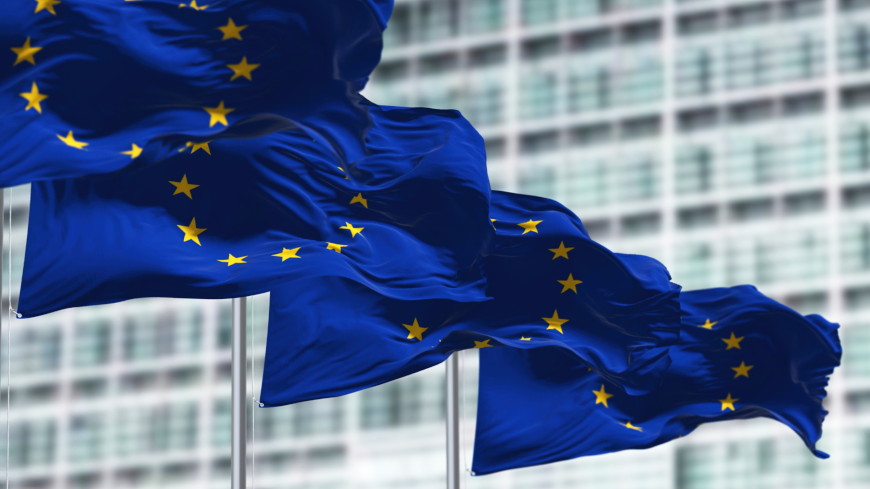The European Directorate for the Quality of Medicines & HealthCare (EDQM), of the Council of Europe, and the European Union (EU) have just signed a new agreement aimed at further enhancing substances of human origin (SoHO) systems and strengthening their capacity across Europe and beyond.
Through this agreement – which covers the triennium 2025 to 2027 – both organisations reaffirm the importance of making the best use of their respective strengths and resources and ensuring that these vital medical resources remain safe, of high-quality and available to those who need them, while protecting both recipients and donors.
The EDQM already has a long history of providing robust, evidence-based standards, including its Guide to the preparation, use and quality assurance of blood components (Blood Guide) and its Guide to the quality and safety of tissues and cells for human application (Tissues and Cells Guide). Long recognised as technical benchmarks for EU member states, these two guides – together with the technical guidelines released by the European Centre for Disease Prevention and Control (ECDC) – are now referred in the recently adopted EU SoHO regulation, further officialising the EDQM’s key player status in the SoHO field.
Through this agreement, the EU expresses its support to the EDQM in its new role by co-financing the development of standards to be included in the guides and their digitalisation. The agreement also covers other activities aimed at helping member states and SoHO entities to implement the standards, including the development of action plans to ensure a sustainable supply of blood, tissues, cells and organs in Europe, and the extension of data harmonisation and quality activities such as proficiency testing schemes, training programmes and assessments of SoHO establishments.
The EDQM’s long-standing collaboration with the EU transcends the SoHO sector, reflecting a shared and enduring commitment to public health. Since the early 1960s, the Council of Europe – through the EDQM – and the EU have been partners in advancing the safety and quality of medicines across Europe. This latest agreement represents a significant milestone, reinforcing the already well-established technical and regulatory partnership and underscoring a continued dedication to supporting innovation and harmonisation across public health areas.
See also:




